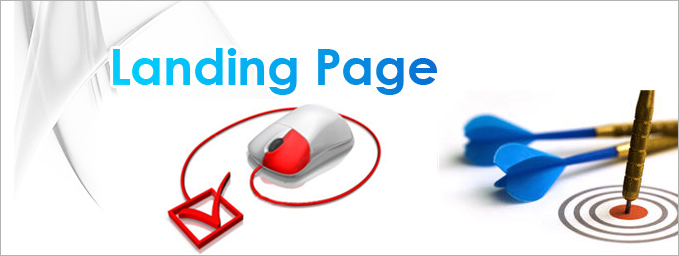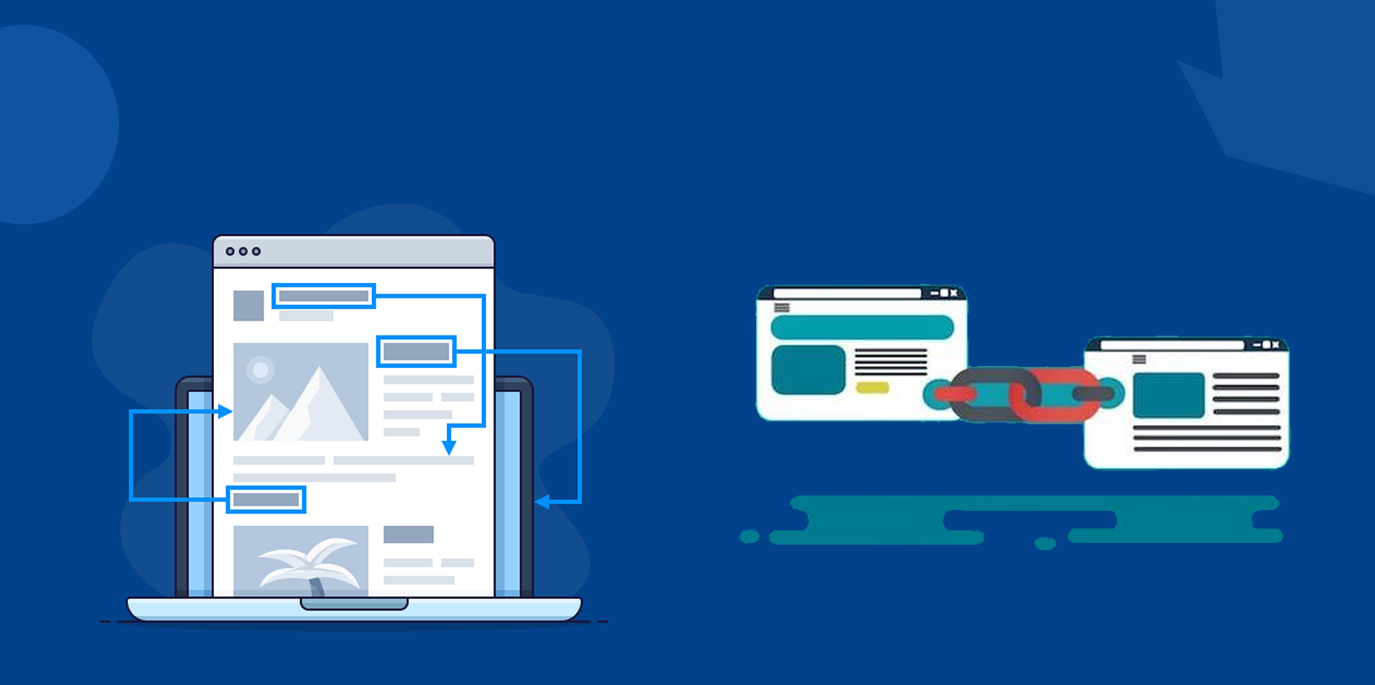Q: While creating an online marketing campaign, should I index my PPC landing page on search or use“nofollow” and “robots.txt” to hide it from search? Which is the best strategy for my conversion page?
A: There are number of reasons for both indexing your PPC landing pages and for using “nofollow” and “robots.txt” to hide them from search. While it always pays off to index your long term landing pages, there are reasons why you would want to hide them from search.

- Post Sign-Up Pages: Say for example, you are allowing your users to download an e-book after signing up and you have created a high-converting landing page for this. Now you will definitely not want people to find this page through search and let people download the e-book without getting a lead in return.
- Unique Traffic Specific Page: Unique traffic source based campaigns increase conversions and brand awareness. You can create a unique PPC landing page that acknowledges where your visitor came from. You will not want someone to find and click on these very specific pages through search.
- Competing With Your Own SEO Pages: Suppose you have a product landing page which appears on the first page of Google for your top keywords. You want to increase sales by running a PPC ad campaign. You create a unique product landing page to match your Google ad. Now what happens, when you have two concurrent landing page URLs on the same subject, Google automatically chooses the one which is more important and sends traffic only to one of them. So to make sure you are not competing with yourself, you will have to remove the PPC landing page from indexing.
- Short Term Events Landing Pages: When you are promoting an event and you don’t use “No Follow,” Google will keep showing the page in search results even after the event is past. Although you have removed the page, your URL will continue to appear in search, linking to a 404. So it is advisable not to index short term events page.
- Clear Analytics of Your Website: Another reason why you should use “No Follow” is to get clear metrics for each landing page campaign. You can run tests to compare traffic with an indexed page to an un-indexed page if you want.
How You Can Tell Search Engines Not to Index Your Page?
-
- Add a robots.txt file. Within this, you can specify what you do not want Google to index. Check the Google Webmaster Tools to ensure your page is blocked from being crawled by Google.
- Copy these codes to the header:
<meta name=”robots” content=”nofollow”>
<meta name=”googlebot” content=”noindex”>
Using a “No Follow” meta tag is the best way to keep your landing page out of search results. - Don’t link to the landing page which you do not want Googlebot to crawl, from anywhere on your site. This will not remove your page completely out of search, but it will affect its ranking greatly.
I would suggest you to review your business needs first, do a cost-benefit analysis, then decide on whether you want Google to index or not your specific landing pages.
Frequently Asked Questions
Should PPC landing pages be indexed?
Despite the fact that they are incredibly effective at selling things, there are several reasons behind why your PPC landing pages should not be indexed. Landing pages are designed to load quickly, send an immediately relevant message in response to a search query, and direct visitors into a sales funnel or lead generation process. Hence, they might not be optimized as well as other pages on your website. On the other hand, there are also factors supporting indexing a PPC landing page. As these pages have optimized for sales funnels, they have a better chance of bringing new business.
How do you optimize a PPC landing page?
Optimizing PPC pages is crucial since your company will be spending real money for every impression that it receives over them. A poorly optimized PPC landing page will be a waste of ad budget. You can follow the below steps to optimize your landing page:
1. Make a plan for testing your landing page
2. Increase the relevance between your landing pages and paid search ads
3. Testing with Paid Traffic Using A/B testing method
4. Provide dynamic/personalized PPC landing pages
5. On your PPC landing pages, collect qualitative data
What does it mean to no index a page?
Search engines are instructed not to include the page in search results with a ‘noindex’ tag. The most popular way to noindex a page is to include a tag in the HTML head section or the response headers. The page must not already be blocked (disallowed) in order to allow search engines to view this information.
Should you no index PPC landing pages?
It is advised not to index PPC landing pages used for recent campaigns. You should use ‘No Index’ to gain precise analytics for each landing page campaign as indexing will mix the data from the campaign and organic search result data. If you would like, you can conduct experiments to compare the amount of traffic to an indexed page and an unindexed one.
Related Services
Explore the award winning services of PageTraffic that puts you in the search engine spotlight.
- SEO Services – Search engines have become rigidly stringent and the competition is doing all it can to move up. However, we snatch the top positions for you.
- Full Time SEO Consultant – The modern mantras of growth are streamlining and strategizing. Hire an expert full time SEO consultant to manage and take care of both.
- SEO Reseller – Expand your client base and service offerings with our private label SEO reseller partnership.



























